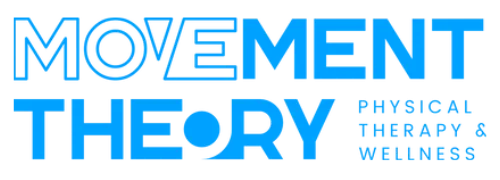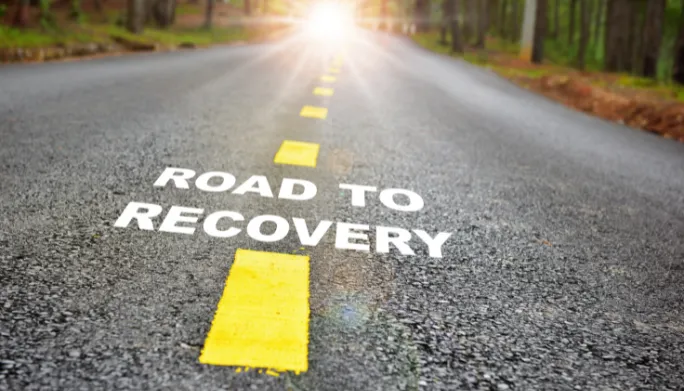Welcome to the fourth blog in our series on concussions and vestibular issues. In our previous posts, we’ve explored the causes, symptoms, potential complications, and the vital role of physical therapy in concussion management. In this blog, we will discuss essential coping strategies and wellness tips for individuals recovering from concussions. At Movement Theory Physical Therapy & Wellness, we’re dedicated to providing you with comprehensive support on your journey to better health.
Coping with Post-Concussion Symptoms:
Recovery from a concussion can be a challenging and often frustrating journey. Coping with post-concussion symptoms requires patience and a proactive approach. Here are some coping strategies to help you manage your recovery effectively:
1. Rest and Relaxation: Adequate rest is crucial for healing. Ensure you get enough sleep and practice relaxation techniques to reduce stress.
2. Manage Stress: Stress can exacerbate concussion symptoms. Consider stress-reduction techniques like deep breathing, mindfulness, and meditation.
3. Stay Hydrated and Eat Well: Proper nutrition and hydration support the healing process. Focus on a balanced diet rich in nutrients.
4. Set Realistic Goals: Establish achievable goals and timelines for your recovery. Celebrate small victories along the way.
5. Pace Yourself: Avoid overexertion and take regular breaks to prevent symptom exacerbation.
6. Seek Social Support: Share your experiences with trusted friends and family members who can provide emotional support.
Cognitive Rehabilitation:
Cognitive rehabilitation exercises can be instrumental in managing cognitive changes resulting from concussions. These exercises challenge your brain’s cognitive functions, including memory, concentration, and problem-solving abilities. Your physical therapist can guide you through these exercises.
Physical Activity:
While rest is vital, light and controlled physical activity may also be beneficial. Your physical therapist can help you develop a safe and gradual return to exercise plan. Physical activity can promote overall well-being and prevent deconditioning.
Wellness Tips for Recovery:
Wellness strategies can complement your recovery and enhance your overall quality of life:
1. Manage Your Environment: Create a quiet, low-stimulation environment to reduce sensory overload.
2. Monitor Screen Time: Limit exposure to screens, including computers, smartphones, and televisions, as they can exacerbate symptoms.
3. Stay Organized: Use planners, reminders, and organizational tools to help with memory and concentration challenges.
4. Stay Positive: Maintain a positive mindset and focus on your progress rather than dwelling on symptoms.
5. Gradual Return to Work or School: Communicate with your employer or school to develop a gradual return plan that accommodates your needs.
6. Professional Guidance: Work with a multidisciplinary healthcare team, including physical therapists, to ensure you receive comprehensive care and support.
Your Path to Wellness:
At Movement Theory Physical Therapy & Wellness, we’re committed to supporting your journey to recovery and well-being after a concussion. Our experts are here to provide the guidance and assistance you need.
- Phone: (817) 907-7993
- Website: themovementtheory.org
In our final blog of this series, we’ll summarize the key takeaways and offer additional resources for individuals dealing with concussions and vestibular issues. Your path to wellness is within reach, and we’re here to help you every step of the way. Stay tuned for more valuable insights and support on your journey.



